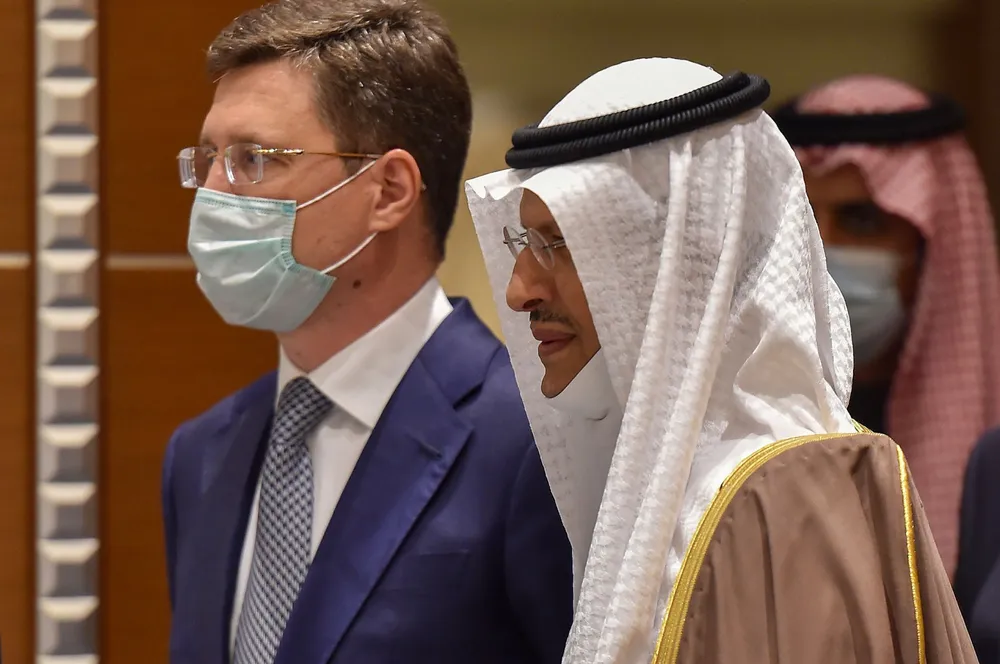'New Year's gift': Saudi pledge gives oil companies something to smile about
Kingdom's promise of additional production catapults oil prices higher; analysts see it as move to blunt the oil-demand effects from more Covid-19 lockdowns

Kingdom's promise of additional production catapults oil prices higher; analysts see it as move to blunt the oil-demand effects from more Covid-19 lockdowns
